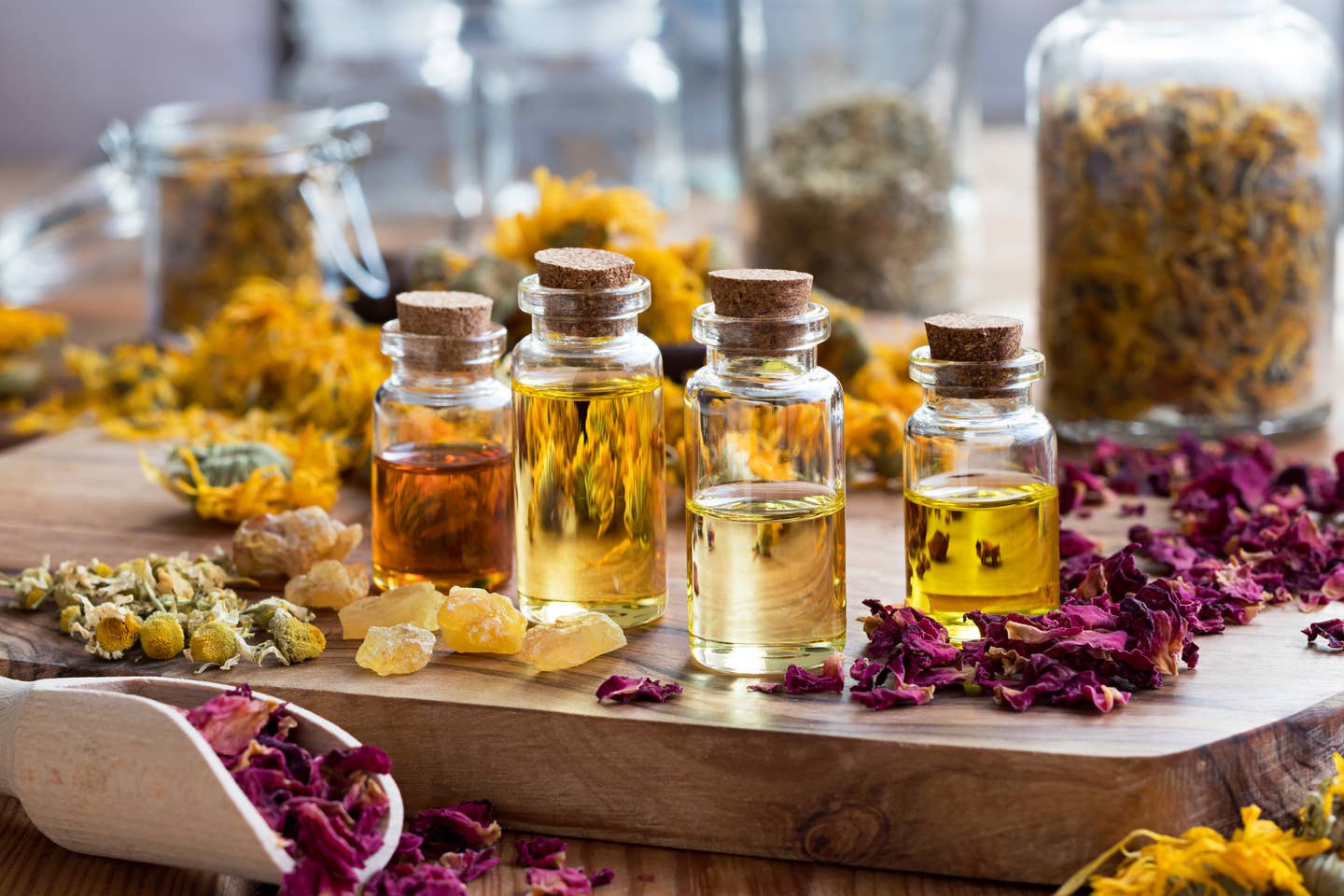
The Benefits of Using Flower Essences for Healing
While essential oils have become mainstream thanks to companies such as doTerra and Young Living, not as many – even those in the know in the health and wellness communities - tout the benefits of flower essences. Despite their potent healing effect, flower essences have flown under the radar. But what exactly are they and how do they work?
According to Brooke Sullivan, yoga teacher, herbalist and founder of the Wild Temple School of Yoga and Herbal Wisdom, flower essences are vibrational remedies or ‘energy medicine’, working more with what’s known as the subtle body, which refers to psycho-emotional and spiritual fields, as opposed to the physical form.
Flower essences are similar to homeopathic remedies, however, while homeopathy introduces small doses of diseased or poison tissues diluted into a water formula to stimulate the body’s natural healing process (much like a vaccination), flower essences are created by floating a specific flower in a bowl of water under sunlight. When the sun hits the flower, an alchemy occurs to make an imprint of a flower’s unique energy pattern into the water, imbuing the water with the plant’s unique healing potential.
Sullivan says that flower essences are number one in addressing our emotions by transmuting our negative thoughts into positive ones to heal us from old patterned beliefs and wounds. They help us to make peace in our minds and hearts with a particular issue, situation, habit or pattern.
With the underlying belief that disharmony between the mind and body creates illness, Dr. Edward Bach, the founder of flower essence as a healing modality and creator of the most widely known brand of flower essences (including the ever-popular Rescue Remedy), meditated with plants and found by ingesting the dew of particular flowers, certain mental and emotional ailments could be alleviated. According to Bach, the unique qualities of a flower remind the soul of its most positive or exalted virtues.
Flower essences are much more benign than essential oils which can, if used improperly, be poisonous, as flowers and plants, as we know from varieties such as poison ivy or certain mushrooms, are extremely potent.
Those who are more sensitive to subtle body healing – think reiki, breathwork, acupuncture, etc. – are more likely to see immediate shifts in consciousness. For others, effects may take up to a few weeks. It depends on the density of someone’s physical body and mind and how attuned a person is to their energetic and emotional realms. Regardless, flower essences rarely induce negative side effects. The worst that can happen is that a particular essence may not be exactly the right remedy for the healing one seeks or that one is not quite ready to experience the healing.
Personally, I’ve found flower essences to be extremely helpful when dealing with emotions such as fear, anxiety, and doubt. I am partial to the Floracoepia brand. Some of Sullivan’s favorites include Aspen (ideal for fear from the unknown), Star Of Bethlehem (ideal for trauma), and Oak (ideal for those who tend to power through life without much rest and need to learn how to simply be).
If you’re interested in learning more about the world of flower essences and their unique benefits, Brooke is offering a flower essence practitioner training course on her website at www.thewildtemple.com beginning March 15th. Readers of The Beet will receive a 10% discount with code Beet2020.
More From The Beet






